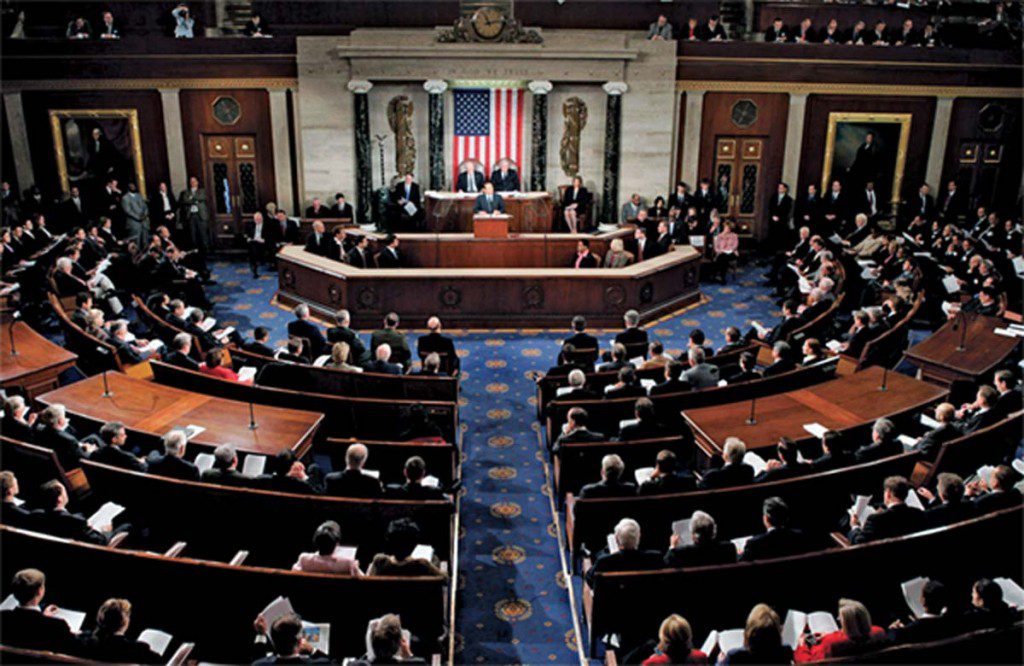Peter Swire, the Nancy J. and Lawrence P. Huang Professor of Law and Ethics at the Georgia Institute of Technology’s Scheller College of Business, testified before the U.S. Senate Committee as part of the panel discussion “Going Dark: Encryption, Technology, and the Balance Between Public Safety and Privacy.” Other experts testifying before the Senate as part of the “Going Dark” panel discussion included Deputy Attorney General for the U.S. Department of Justice Sally Quillian Yates and Director of the FBI James B. Comey, Jr.
The panel explored the conflict between law enforcement’s interest in accessing encrypted data to track suspected terrorists and the public’s right to privacy for their personal data. Intelligence agencies and Law enforcement representatives are concerned that suspects using encrypted devices like Android smartphones and iPhones “go dark”–their communications are no longer trackable by law enforcement and intelligence agencies. Professor Swire’s testimony focused on the impact that providing encrypted data access to intelligence and law enforcement agencies would have on diplomatic and security interests and personal privacy concerns.
“Providing access exceptions for U.S. law enforcement and intelligence agencies will be harmful, rather than helpful, to national security,” Professor Swire alleged in his testimony. “Despite concerns of “going dark,” the steady increase of electronic communications worldwide provides these agencies with an ever-growing amount of valuable data and meta-data to use in identifying and pursuing targets of investigations. The inability to directly access the content of a small fraction of these communications does not warrant the subsequent damage that would result to privacy and to U.S. economic, diplomatic, and security interests.”
The complete transcript of Swire’s testimony is available on the Senate website.
